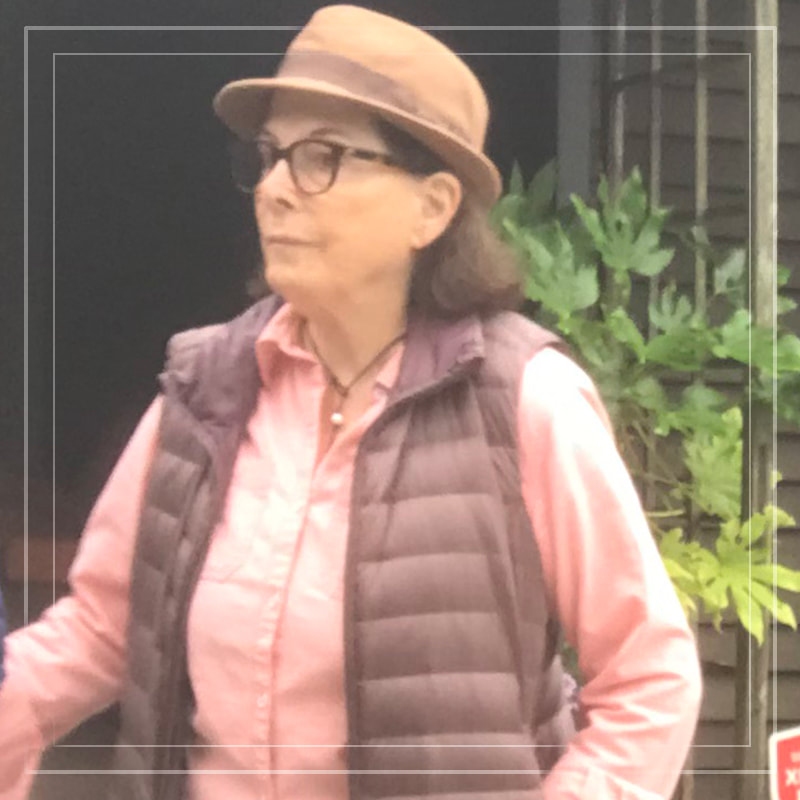|
time, as if it was happening again. And then for whatever reason, I reached out and changed the channel! It was in that simple act that I made peace with it. I realized that I didn’t have to keep putting energy into regrets.
I know people who say they are putting the past behind them, including the kind of thinking and behaviors that keep their problems in place, but in practice, they don’t—old ways of thinking leak out in a myriad of ways. You may notice attitudes of bitterness or blame (including self-blame), to banishing people from their lives. I’ve given up resentment and blame. Those two ways of thinking do not, in my experience, do anything for you. I’ve never banished anyone from my life either. I’ve found that most often if you have the opportunity to connect in a moment of truth, forgiveness is possible. So here are my three antidotes to problems that persist, which can create an opening for something to change in both your thinking and your actions: 1) Practice Gratefulness First, I encourage you to be entirely grateful for who you have turned out to be. If you’re laughing at this point, good! Gratefulness allows acceptance. It may be that once you start questioning the causes of problems that persist, there may be nothing to do, so you may as well give up the added stress that concern brings. If your concerns were real, they would throw you into action. What are the problems that you are trying to solve today? What happens to their persistent nature when you bring your attention to this moment? Be grateful for what you can do today. 2) Accept Who You Are Second, stop collecting evidence that you should be different. I’ve been driving all over for one of my clients and listening to talk radio. I noticed that just about every show had health reports advising you to measure your waistline to measure your health. If it’s expanding, that’s not a good sign! We nod in agreement and still keep on doing whatever we’re doing, perhaps with a brief moment of thinking that we should do something about it. You probably don’t need to collect more proof that you SHOULD do something about it. I bet you’ve already done that! Does collecting more evidence move you closer to acceptance? I’m looking for what moves you closer to noticing your strengths. Can you build on those strengths, so the persistent part of the problem disappears? When you think you should do something and don’t, you are perpetually disappointed. Focus your energy where it makes a difference. 3) Do One Thing and Do It Well Third, practice this simple, time-honored approach, do one thing at a time and do it well, and then notice what happens to the persistent in your problems. Is there anything you can do to impact those problems that persist? If so, do it one moment at a time, one step at a time. If not, make peace with it, and realize you have said no to whatever action you could take. No is a valid promise and can bring peace to your heart and mind, as powerfully as saying yes and working to make something happen. When you make peace with any problem that persists, it shrinks in size so you can wrap your mind and heart around it. Let it inform you rather than worry you. You may realize that it’s time to reach out and change the channel that you’re listening to now. May your day be peaceful and productive. |
�
Paulette Sun Davis
|




 RSS Feed
RSS Feed